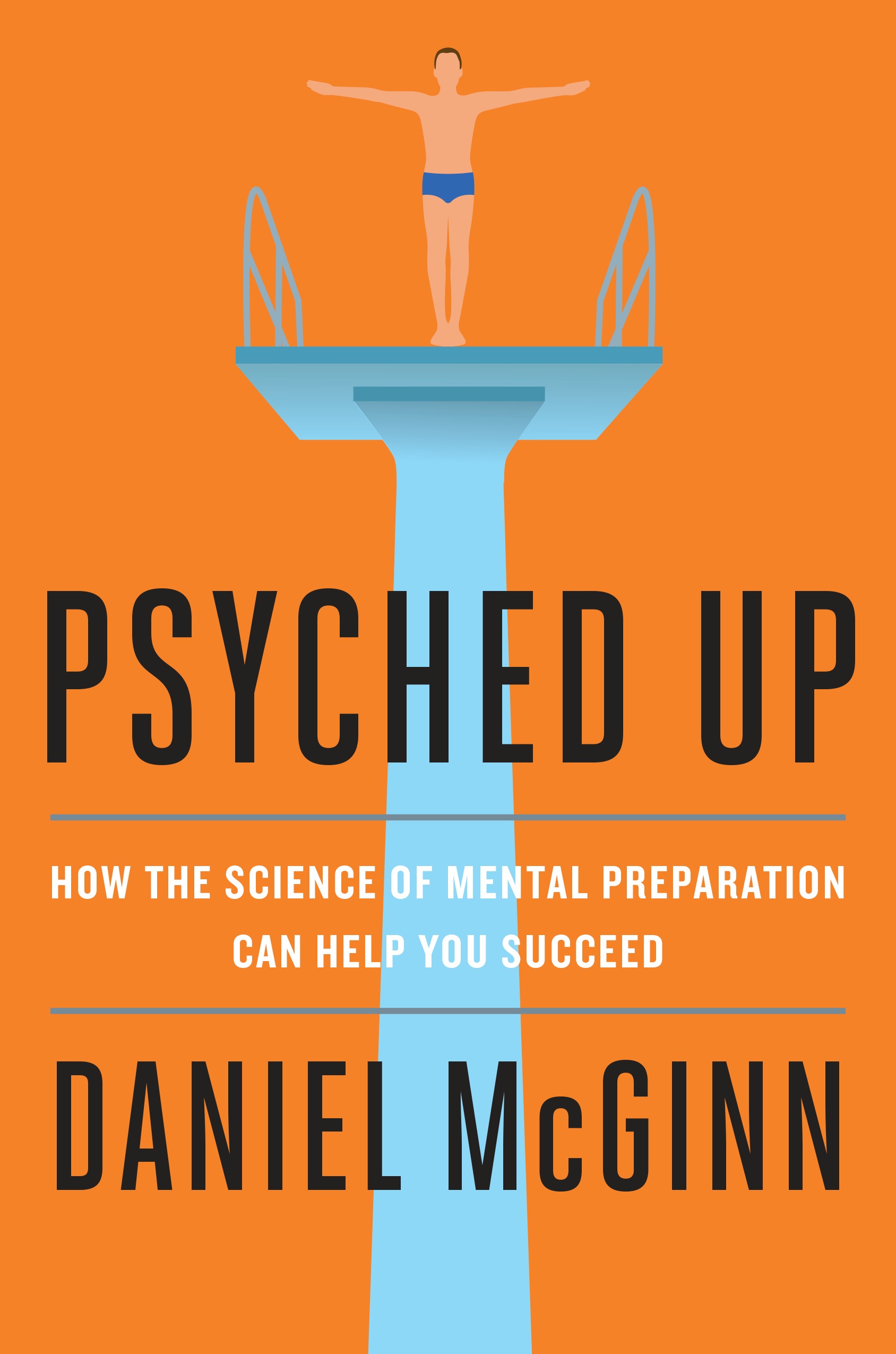
When the Belfast-born actress Laura Donnelly is working on Broadway, she likes to arrive at the theater several hours before the curtain. She eats a relaxed takeout dinner, does yoga, and then performs vocal exercises. “I warm up the same way before any play — I have my set routine,” says Donnelly, who is best known for her role in the TV series Outlander.
But in the fall of 2014, when Donnelly starred alongside Hugh Jackman in the Broadway show The River, she put aside her traditional pre-performance routine and did something else instead.
Before each show, the play’s three actors and a few backstage personnel would form a circle in the theater’s lobby. Each night, the group would agree on a new category, such as a type of tree, or a sexual position, or a cartoon character who is blue. Then one of the actors would take a football, shout an example that fit the category (Papa Smurf!), and toss the football to the person directly across the circle, who’d then shout her word (Superman!), and toss the football onward.
After the entire group had caught and thrown the football a few times, they’d choose a second category, and, with the football still making its rounds, start shouting a second set of words and tossing a tennis ball to each other. “It got sillier and sillier. That was the charm of the game,” Donnelly says. “We’d usually end up falling down and laughing.”
When Ian Rickson, the show’s director, first asked Donnelly to incorporate the ball tossing into her preshow routine — supplanting some of her solo habits — she was slightly miffed. “It felt like I was being taken out of my ability to control how I warm up,” she says. Over time, her view shifted. “I began to realize that this was much more beneficial than my own personal warm-up,” she says. “[The group ritual] was a really great way of reconnecting. It gave us such a sense of being one company, and a real camaraderie, that was really useful. It’s something I’d be very keen to do with any company in the future.”
Many workplaces have their own rituals. At Walmart stores, workers begin the day with a company cheer. At Yelp, salespeople bang a gong when they close a sale. Research shows these group rituals can help increase a team’s bonds and boost performance.
A few years ago Michael Norton, a Harvard Business School professor, led a study in which 221 people were grouped into small teams and assigned to run around campus taking group selfies in front of specific locations, earning points for how many photos they completed in 45 minutes. Before they began, however, one set of groups were instructed to form a circle and perform a series of rhythmic claps and foot stomps, followed by a chant of “Let’s go” — a ritual they repeated three times. The other groups spent this time reading an article in silence.
When the scavenger hunt was finished, the groups that had executed the pre-hunt ritual had outscored the no-ritual groups — and they also reported liking teammates more.
In other experiments, Norton and his colleagues have had hundreds of people do group creativity tasks, such as brainstorming how many uses they could devise for an object. In these tests, everyone had to do a strange ritual involving rolling dice and waving arms in pattern, but some people did the actions while sitting alone in a cubicle, and others did it as a group. The results showed that doing the dice-and-wave routine in a group increased the team’s creativity and led members to like each other more.
Norton can’t explain why group rituals seem to help teams perform better, but he suspects it involves their ability to distract us from other emotions. “Perhaps rituals work not because they’re magically amazing, but they’re just better than what we usually do,” Norton says, especially if what we usually do is get nervous before a contest or performance.
Rickson, the Broadway director, has never heard of Norton nor his Harvard research, but after more than two decades in the theater, he’s convinced that group rituals make a big difference.
“Actors are like athletes, and they need the same rigor and care that Usain Bolt might take before running one hundred meters,” he says. “In my experience the really committed and interesting actors are really quite thorough about what their warm-up is before a performance.” And while actors may prefer solo pre-theater routines, Rickson often encourages them to create new rituals that take place in groups.
Reflecting back on the warm-up routine he created for The River, Rickson asks the key question: “Do these things make a difference?” He answers: “From a director’s point of view, they do. When you engage the footballer or the poet or the musician, or in this case the actors, in a dynamic way of absolutely being in the present and connected to their fellow players, something really special happens.”
Daniel McGinn is a senior editor at Harvard Business Review and the author of Psyched Up: How the Science of Mental Preparation Can Help You Succeed (Portfolio, 2017), from which this article is adapted.
More Must-Reads from TIME
- Cybersecurity Experts Are Sounding the Alarm on DOGE
- Meet the 2025 Women of the Year
- The Harsh Truth About Disability Inclusion
- Why Do More Young Adults Have Cancer?
- Colman Domingo Leads With Radical Love
- How to Get Better at Doing Things Alone
- Michelle Zauner Stares Down the Darkness
Contact us at letters@time.com